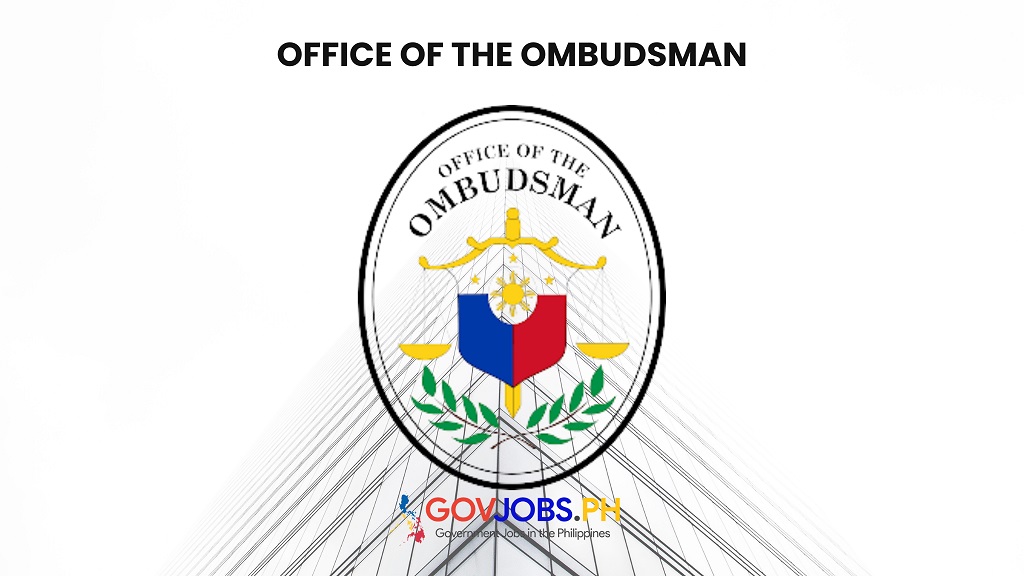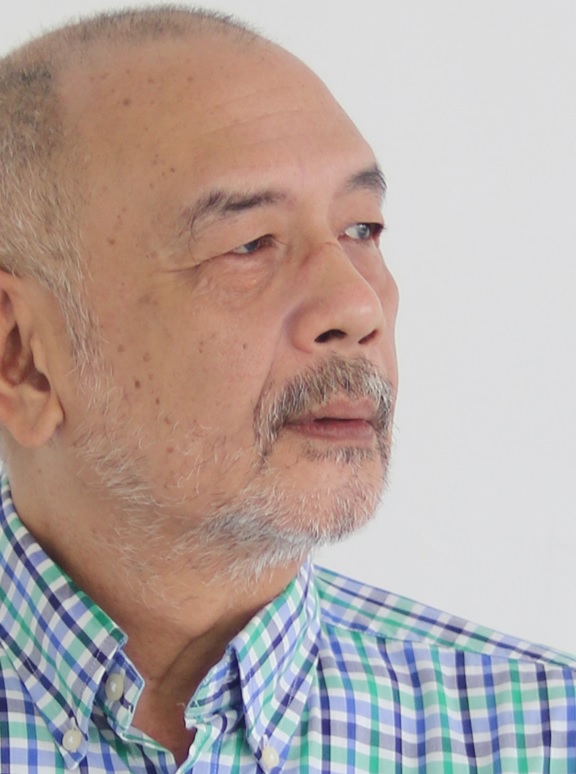Independence. That is one qualification of precedence prescribed by law, the RA 6770 or the Ombudsman Act of 1989, in considering appointments to the position of Ombudsman and the deputies. That law’s Section 5 insists on “persons of recognized probity and independence.”
Rodrigo Duterte looked the other way. On the contrary, he appointed persons who were at one time or another related to his official positions in the past and during the period of appointment. For one, the present Ombudsman Samuel Martires is his Lex Talionis fraternity brother. Laypersons like us reading such appointments were given the impression that Duterte was repelling accountability of his public office.
Take note what Martires said recently of vice president Sara Duterte: “As far as we are concerned right now, we have not seen any acts of the vice president to investigate.”
A portrayal of the Duterte rule is this: untouchability to accountability is a form of corruption because it evades public trust and pollutes the concept of public office as answerable to that trust. That is the same Duterte brand of governance that the Iglesia ni Cristo upholds in the name of “peace.” On the contrary, peace is thrown out the window when there is corruption.
Just less than a week ago, the Pharmally corruption mess resurfaced in the news once again. Recall that this had to do with the P4.4-billion procurement of overpriced and substandard medical supplies during the Wuhan Virus pandemic. The main defendant in this case is a Davao city personality, Lloyd Christopher Lao who Duterte appointed as head of the Procurement Service of the Department of Budget and Management (DBM).
Take note who got appointed to high positions in the Duterte government. Of course Lao was a lawyer. Of course he was even a law educator at the Ateneo de Davao. But it omits the more important essentials: that he was a Lex Talionis fraternity brother of Duterte and that he was indispensable to Bong Go who, when he was special assistant to the President, appointed Lao as undersecretary in his office. At the office of the SAP, Lao would even sign papers on Go’s behalf.
In October 2020, Lao aspired for the position of Overall Deputy Ombudsman, the number two position in that constitutional body. There were six other applicants. Bear in mind the constitutional duty of the Ombudsman: to prosecute cases of graft and corruption of those in government. With that in mind, that the appointee was a matter of who is closer to Duterte raises confusion. In the end, the appointment was given to Warren Rex Liong.
Liong’s profile is another case of an incredible appointment. First of all, he was Duterte’s lawyer from August 2010 to June 2013 when Duterte was Davao city vice mayor. He was at one time political adviser to Duterte’s local party, the Hugpong sa Tawong Lungsod. Like Lao, his boss in the DBM, Liong also finished law at the Ateneo de Davao University in 2006. Naturally the critical question arises – how can an ombudsman who once was Duterte’s lawyer investigate graft and corruption in the Duterte government? Thus, Liong’s appointment was in itself corrupt.
At the time of the Pharmally corruption scandal, Liong was also connected with the Procurement Service of the DBM. After he was appointed as Overall Deputy Ombudsman and his involvement with the Pharmally issue came to light, he issued a self-interest statement, that he “cannot be prosecuted administratively or criminally” for his involvement. That statement was not his to issue. The suspect acted as his own juror. The Duterte untouchability was true to form.
True enough, Liong’s own accountability was only investigated after Duterte had left office. In March of 2023, the Office of the Ombudsman announced that Liong was being placed on preventive suspension for his alleged involvement in the Pharmally corruption scandal.
Let us not forget, btw, what Pharmally was: an unknown company with a small paid-up capital that bagged the government’s contract for face shields, face masks and Wuhan virus test kits. But also this – Pharmally’s financial manager Lin Wei Xiong (alias Allan Lim) was the business partner of the close Duterte chum and alleged druglord Michael Yang.
In May of 2023, the Ombudsman upheld the indictment of Lao and Liong for three counts of graft, as well as for several others in the DBM and Pharmally executives. The Ombudsman said the respondents acted in concert and in conspiracy.
It was a web of corruption networks and the fact that Duterte appointed his loyal sycophants to the Ombudsman is an eloquent statement that impunity was his governance trademark. Yet that story is not complete without mentioning who Duterte appointed to the position of Deputy Ombudsman for Mindanao. In 2021, that post was vacant.
Like Lao who was an undersecretary in Malacañang, the person appointed was once an undersecretary at the Presidential Management Staff (PMS) at the time when Bong Go was special assistant to the President. His name was Anderson Lo. Lo’s history with Duterte is interesting.
In 2013, when Duterte took his oath of office as city mayor once again, he chose a Municipal Circuit Court judge, Jill Rose Jaugan Lo, to administer the oath. Judge Jaugan Lo was surprised why she was chosen. “Why me?” she asked. But she herself had the answer: “My husband Andy is a friend of Bong Go.” Anderson “Andy” Lo got the position of Deputy Ombudsman for Mindanao in 2021. Previously in 2016, Judge Jaugan Lo was Duterte’s first appointee to a Davao city regional trial court (Branch 14). The Los are a lucky couple; owe that to special friendships with the powers that-be, Bong Go in particular.
Lest we forget, why did Lao and Liong vie for the position of Overall Deputy Ombudsman? In 2020, the office was rendered vacant when Duterte sacked ODO Melchor Arthur Carandang. Carandang’s fault was titanic in Duterte’s standards. It was an official act that one can never expect from such loyal people as Lao, Liong and Lo.
Carandang had said in 2017 that the alleged Duterte bank records that senator Antonio Trillanes IV showed in the Senate were similar to the documents turned over by the Anti Money Laundering Council (AMLC) to the Ombudsman. Carandang said that the AMLC records showed deposits and withdrawals in bank accounts of Duterte’s children and his common-law wife Honeylet Avanceña. Carandang had exposed a Duterte secret – Duterte’s hidden wealth that he never had declared in his Statement of Assets, Liabilities and Net Worth (SALN).
Duterte sacked Carandang in July 2018. We never tire of reiterating the Carandang story because it points to the singular goal of Duterte – that his anti-corruption persona is unreal and untrue, but what the heck, he is able to hide it anyway and millions believe that he is incorrupt. For one, the Iglesia ni Cristo.
The views in this column are those of the author and do not necessarily reflect the views of VERA Files.

